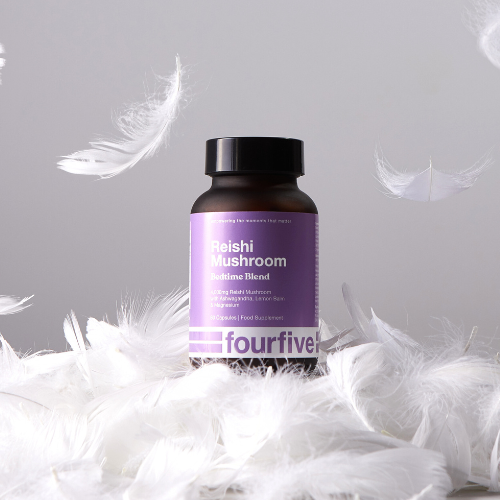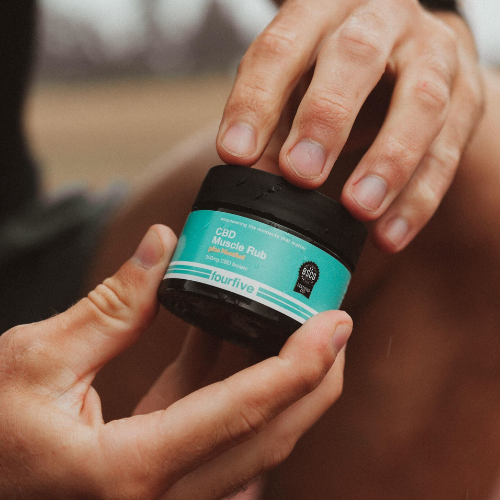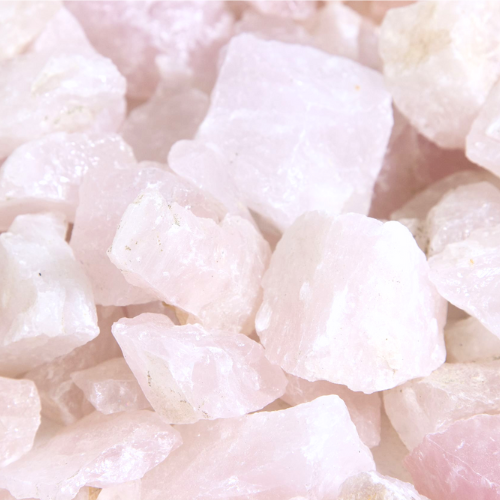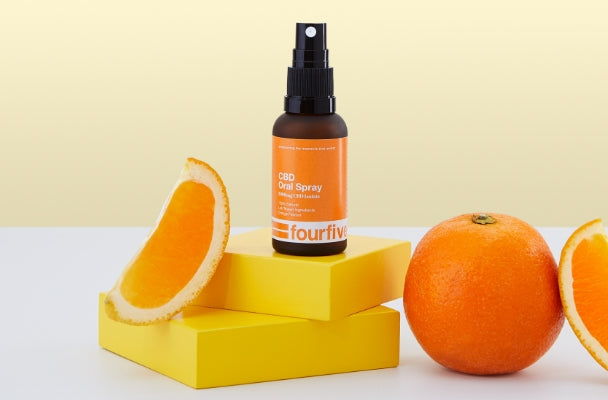Anxiety is the theme of this year’s Mental Health Awareness Week
Did you know that 15th to 21st May 2023 is Mental Health Awareness Week? And with its official theme for this year – as set out by the Mental Health Foundation – being anxiety, many people have been spending this week reflecting on their own experiences with anxiety, and how they have dealt with it in their lives.
Certainly, anxiety is a subject that is also close to our own hearts here at fourfive. With our very company having been founded by athletes, we know all about the anxiety that sporting professionals can feel, which may or may not be limited to the nerves ahead of a big game.
But of course, you don’t need to be involved in sport, in order for anxiety to have played a major role in your life. We have all felt anxious from time to time about various things in our lives, and given that it is the body’s natural response to stress, it is normal to feel this way sometimes.
So, the mere existence of anxiety isn’t a reason to worry; the source for concern is when anxiety becomes so prominent in our lives that we lose control of it, and it becomes a mental health problem.
What is being done to shed light on the issue of anxiety?
While many of us have struggled with anxiety throughout our lives, it might seem that the subject of anxiety has rarely been as relevant as it is today. On the backdrop of the ongoing cost-of-living crisis and a mental health survey having found that more than a third of adults feel anxious about their financial situation, it is fair to say that many of us have felt anxious much of the time lately.
However, it is important that we do not become fatalistic about anxiety, and presume that we cannot do anything to control it. It is crucial that as human beings, we know how to recognise anxiety and respond to it, so that it does not become overwhelming in our lives.
Great numbers of us sadly know exactly what that overwhelm feels like. We might have felt anxious at certain times in our life about exams, relationship struggles, losing a job, or starting a new job, to cite just some of the big life events and circumstances that can help bring about anxiety.
The Mental Health Foundation has said that it has chosen to focus on anxiety for this year’s Mental Health Awareness Week, so that it can help increase people’s awareness and understanding of anxiety. The charity is doing this in part so that it can spread the word to people about how to help prevent anxiety from becoming an overwhelming problem in sufferers’ lives.
Simultaneously, however, the charity has said that it will “keep up the pressure to demand change – making sure that improving mental health is a key priority for the government and society for a whole.”
Here at fourfive, we could not agree more strongly with such sentiments. As much as anxiety is a problem for individuals, it is also a broader cultural and societal one. And with anxiety having become such a sadly widespread mental health issue, it should not fall solely to isolated individuals to tackle it and its pernicious effects on our lives.
What is your own relationship with anxiety?
Everyone reading this, of course, is likely to answer this question slightly differently. Indeed, you might have noticed the use of the hashtag #ToHelpMyAnxiety on social media over the past week, with many people sharing their own thoughts, experiences, and advice in relation to anxiety in themselves or their loved ones.
You might have made changes in your own life to help combat anxiety, such as avoiding caffeine, taking breaks from social media, and discussing your anxieties with people close to you. Indeed, we have previously written about the subject of how you might look to ease your anxiety.
With four in 10 of our customers having said that fourfive products helped to lessen their own anxiety, items in our store such as our CBD capsules may merit your consideration when you are looking to live a more rewarding life that is less adversely affected by anxiety.
By working together as a society, we can help to make anxiety less of a concern for many of us. This way, we can hopefully look back during future Mental Health Awareness Weeks, and be able to show gratitude for meaningful progress on this crucial aspect of our mental health.



















